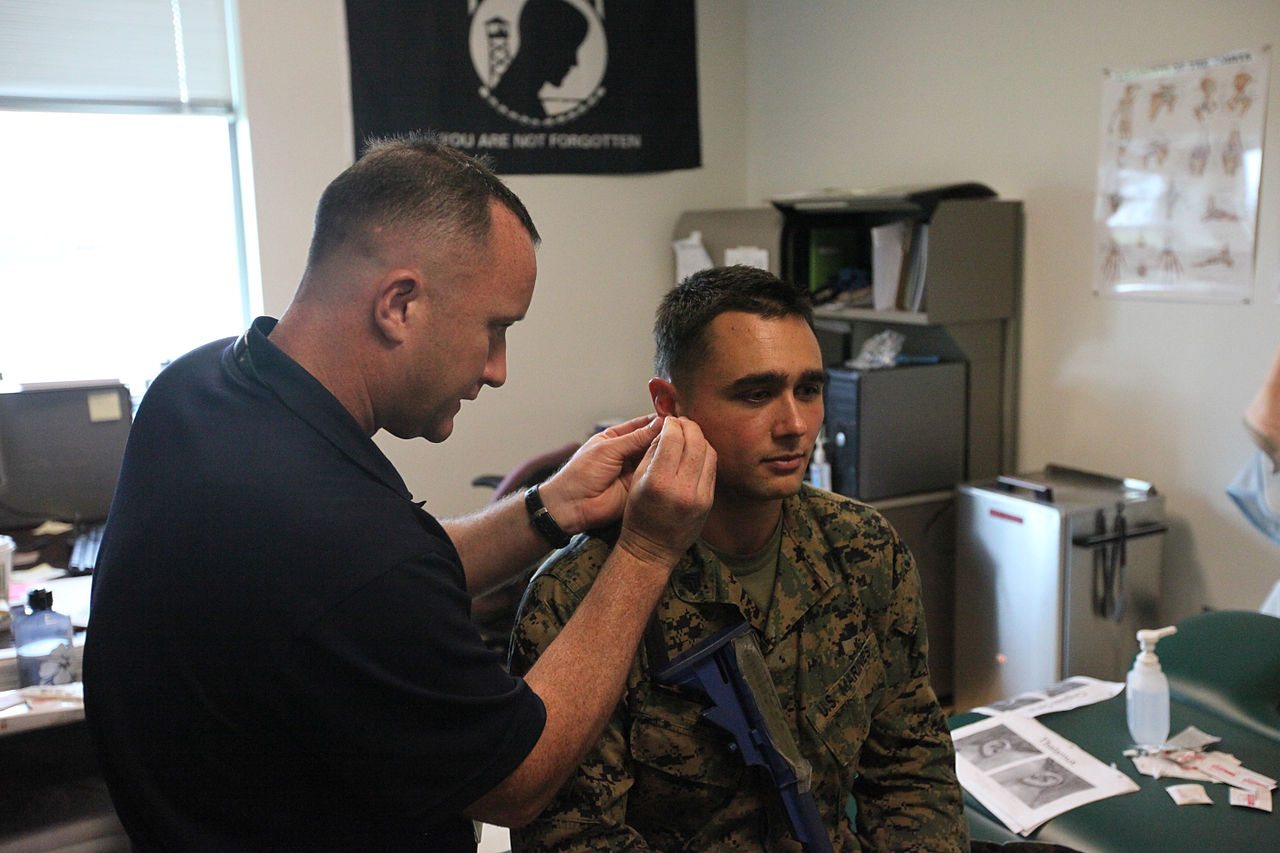Results for: back pain
Dr. Oz revisited
We here at SBM have been very critical of Dr. Mehmet Oz, who through his relentless self-promotion (and with more than a little help from his patron Oprah Winfrey) has somehow become known as “America’s doctor.” Back in the early days, when he was the regular medical expert on The Oprah Winfrey Show, Dr. Oz was at least tolerable. Much of what...
Perpetual Motion: More on the Bravewell Report
I’m not here to convince people that we are right, although it would be nice if it turned out that way. I’m here to tell the truth and let readers decide for themselves.” — Kimball Atwood, Science Based Medicine, Bravewell Bimbo Eruptions I had been too inarticulate to formulate what is essentially my approach to this blog: to tell the truth. That...
Social Anxiety – There’s An App for That?
When I first heard about studies using smartphones to treat anxiety with cognitive therapy I was intrigued, to say the least. However, I had a misconception about what that actually meant. My assumption was that the smartphone app would be automating some basic cognitive therapy, a virtual therapist that could give some reflective feedback and also give basic cognitive tools to deal...
SANE Vax adopts Dr. Hanan Polansky’s “microcompetition” as its own. Hilarity ensues.
One of the hallmarks of science as it has been practiced for the last century or so is that scientists share their discoveries in the peer-reviewed literature, where their fellow scientists can evaluate them, decide if they’re interesting, and then replicate them, usually as a prelude to building upon them. While the system of publication and peer review in science is anything...
Drug Interactions, Polypharmacy, and Science-Based Medicine
As I write this, the American news cycle is firmly focused on the issue of drug harms. It’s in the headlines not because of the thousands of cases of drug toxicity, hospitalizations, and even deaths that are documented each year, but because of the untimely death of singer Whitney Houston. While the cause of Houston’s death has not yet been identified,prescription drugs...
Does massage therapy decrease inflammation and stimulate mitochondrial growth? An intriguing study oversold
If there’s one form of so-called “complementary and alternative medicine” (CAM) that I find more tolerable than most, it’s massage therapy. The reason, of course, is that, whatever else anyone claims about massage, there’s no doubt that it feels good. Indeed, I’ve sort of come around to Kimball Atwood’s way of thinking. Back when he and I were on a panel together...
What is Science?
Consider these statements: …there is an evidence base for biofield therapies. (citing the Cochrane Review of Touch Therapies) The larger issue is what constitutes “pseudoscience” and what information is worthy of dissemination to the public. Should the data from our well conducted, rigorous, randomized controlled trial [of ‘biofield healing’] be dismissed because the mechanisms are unknown or because some scientists do not...
Adventures in defending science-based medicine in cancer journals: Energy chelation
My co-bloggers and I have spent considerable time and effort over the last four years writing posts for this blog (and I for my not-so-super-secret other blog) bemoaning the infiltration of quackademic medicine into what once were bastions of evidence- and science-based medicine. We’ve discussed at considerable length reasons for why this steady infiltration of pseudoscience into medical academia has been occurring....
NIH Director Francis Collins doesn’t understand the problem with CAM
As the sole cancer surgeon among our stable of Science-Based Medicine (SBM) bloggers, I’m probably the most irritated at the infiltration of pseudoscience into academia (or, as we sometimes like to call it, quackademic medicine) in the realm of cancer. Part of the reason, of course, is that cancer is so common and that the consequences of adding pseudoscience to cancer therapy...

Acupuncture, the Navy, and Faulty Thinking
A Navy neurologist, Capt. Elwood Hopkins, has posted a 3-part article on “The Power of Acupuncture” on Navy Medicine Live, the official blog of Navy and Marine Corps Health Care. It can serve as a useful lesson in how not to think about medicine. It is a prime example of how an intelligent, educated doctor can be fooled and can fool himself...

